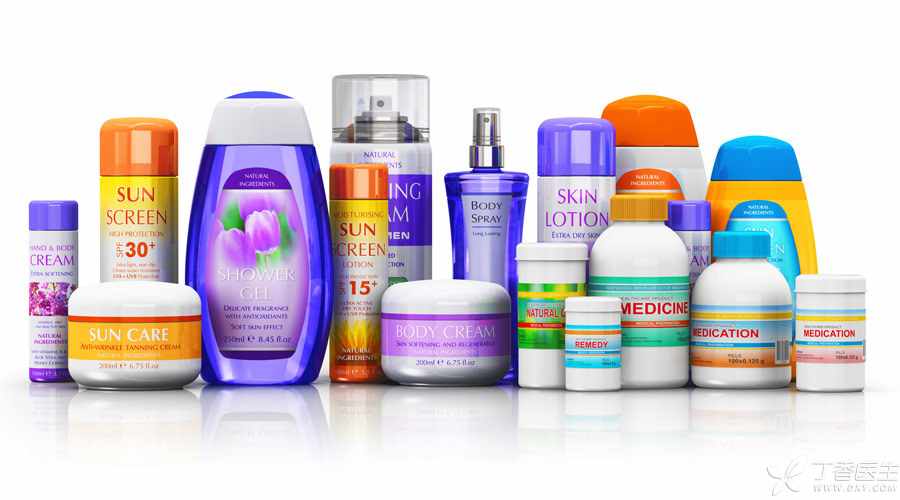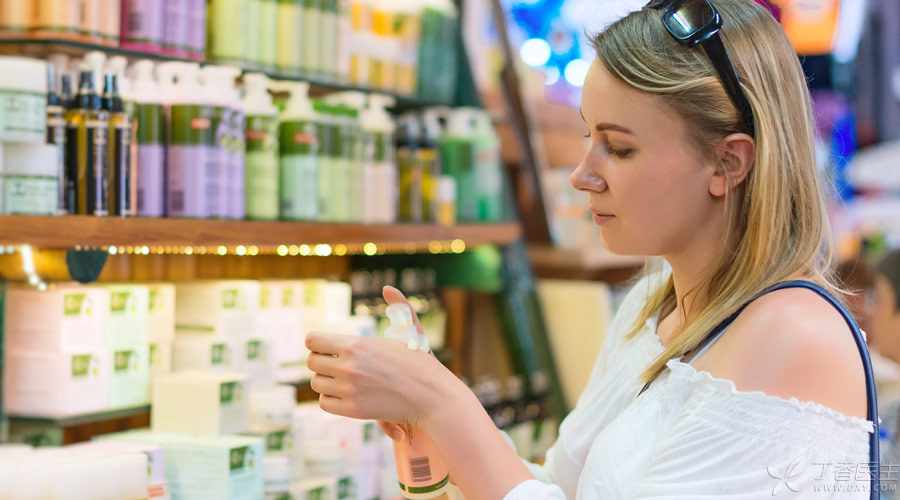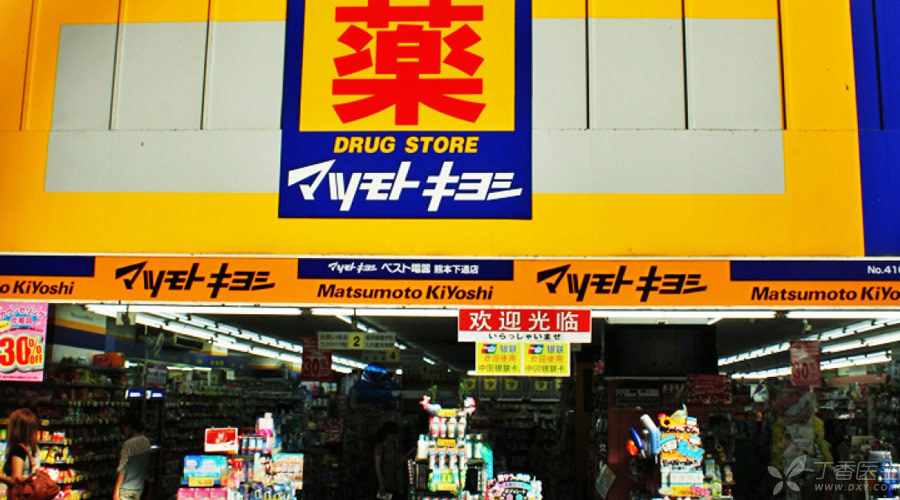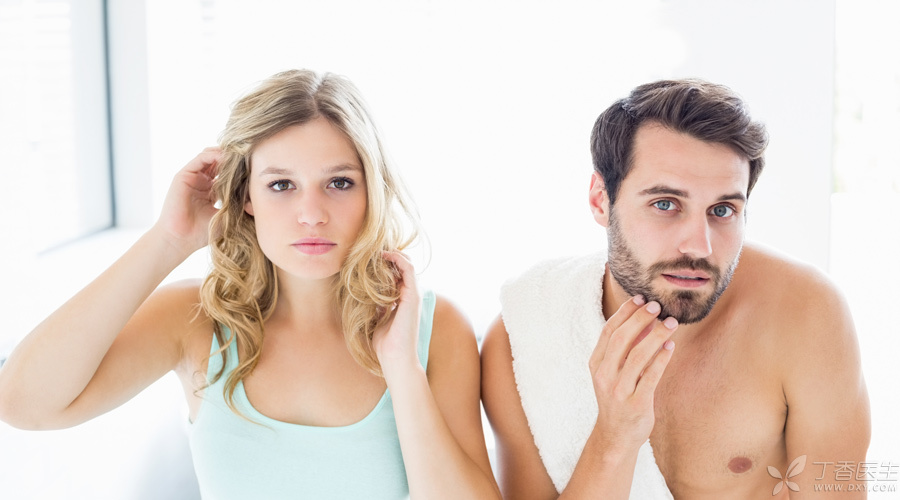
Hearing the word “drug makeup”, what came to mind first?
Do you want to make a bowl of paste to apply to your face by yourself, or do you want to buy it on your behalf when traveling abroad, or do you want some hospitals to make small ointments?
Drug makeup is not medicine, but cosmetics in essence.
Drug makeup is a product with certain drug activity, which is between drugs and cosmetics. It should be called [medical skin care products] [medical skin care products] [functional skin care products].
Although it is usually called “drug makeup”, the word “drug” is deceptive.
Drug makeup cannot replace drug therapy, but only plays a role in assisting in the treatment of skin diseases.
China’s cosmetics regulatory regulations do not have a clear definition of [drug makeup], but the following points should be met:
1. Try not to contain or contain less substances that are easy to damage skin or cause skin allergy, and reduce or avoid pigments, spices, preservatives and irritating ingredients;
2. The mechanism of action of the product components is clear, which can play an adjuvant role in the treatment of some skin diseases;
3. The efficacy and safety of the product have been verified by human body tests before listing.
It is worth noting that drug makeup can be used every day with confidence.
Cosmetics, medicine, cosmetics, don’t buy it wrong

Many people find beauticians and cosmetics first when they have skin problems, and few go to the hospital to find dermatologists in the first place.
There are usually two types of homemade [ointments] used to solve skin problems in hospitals:
Medical drugs: The package reads [XXX ointment] [XXX oil], such as [urea ointment] [zinc oxide oil]. XXX position is the name of some exact chemical composition and has therapeutic effect.
Medical makeup: The package reads [XXX Milk] [XXX Cream] and even [XXX Hand Cream], which can barely be counted as hospital-made makeup. Because the ingredients are simple and safe, but they do not necessarily have clear efficacy, they are usually mainly soothing and moisturizing, and large branches are cheap.
In addition, it is the [drug makeup] of some well-known cosmetics brands at home and abroad.
[Acne] [Sensitivity] [No Preservatives]… These are all clearly marked on the products. They have no special fragrance, simple packaging, and some have designed precise bottle caps to prevent pollution caused by repeated opening of the caps.
There is also a kind of self-made [paste], which seems very natural, but in fact the composition is uncertain and the safety is difficult to guarantee, so it cannot be counted as drug makeup.
Where can I buy cosmetics?

As a consumer, one should first consider [how to treat] skin problems, and then consider cosmetics and skin care products.
In Europe and the United States, most of the cosmetics are sold in pharmacies and need to be purchased with prescriptions issued by doctors. Chain pharmacies can be seen everywhere in Japan and South Korea, especially in Japan.
Presumably, this is also why more and more friends now choose to purchase cosmetics overseas. When traveling abroad, they will also find that cosmetics shops are very popular.
However, one must not blindly follow the choice of drug makeup and ordinary skin care products.
At present, the research and development and production of drug makeup in our country are in a state of striving to catch up. Some excellent domestic drug makeup has been widely recognized, and most of them can be bought from hospitals or shopping malls.
Can what people use makeup?
Cosmetics can be used for normal skin as well as problem skin.
- Although it is not necessary to use cosmeceutics for healthy skin, if you want to reduce the burden on your skin, you can of course choose cosmeceutics first. If you have skin problems of different severity, please consult a specialist for advice on the use of cosmeceutics after clarifying the skin problems.

For skin problems that drug makeup can help, let’s give a few examples. We can also pay attention to the relevant effective ingredients:
1. Sensitive skin
It mainly includes sensitive or intolerant skin, skin damage caused by improper use of cosmetics, and skin problems that respond to some drug treatments.
2. Sebum overflow skin diseases, such as acne, seborrheic dermatitis, rosacea (rose acne), etc.
The 2% nicotinamide (vitamin B3) contained in drug makeup can effectively inhibit sebum overflow, salicylic acid can dissolve cutin suppository, tretinoin, benzoyl peroxide, etc. can reduce adverse stimulation reactions of anti-acne drugs.
3. Dermatitis, eczema, etc
Drug makeup can play an auxiliary anti-inflammatory role, and at the same time can moisturize, moisten skin, restore sebum membrane, relieve pruritus and reduce recurrence frequency. When combined with topical anti-inflammatory preparations, it is helpful to improve drug effect, shorten treatment course and reduce adverse reactions.
4. Photodermatitis, including photosensitive dermatitis, pleomorphic solar rash, chronic actinic dermatitis, skin photoaging, etc.
For such problems, sun protection must not be careless.
The commonly used physical sunscreen components in drug makeup include titanium dioxide and zinc oxide, and the commonly used chemical sunscreen components include p-aminobenzoic acid and esters, p-methoxycinnamate esters, o-aminobenzoic acid esters, benzophenone and derivatives, methane derivatives, etc.
In addition, antioxidant components such as superoxide dismutase and coenzyme Q10 can also reduce wrinkles and delay skin aging.
5. Skin after plastic/laser surgery
Generally speaking, paying attention to sun protection after these operations can maintain the operation effect and reduce recurrence. Doing a good job of postoperative medical concealer can reduce the impact of surgery on life in a short period of time.
The skin-activating spring water in the drug makeup contains selenium, calcium ions and other components, and has the effects of relieving, diminishing inflammation, resisting allergy and resisting free radicals, and can relieve discomfort such as pain, pruritus and tightness.
